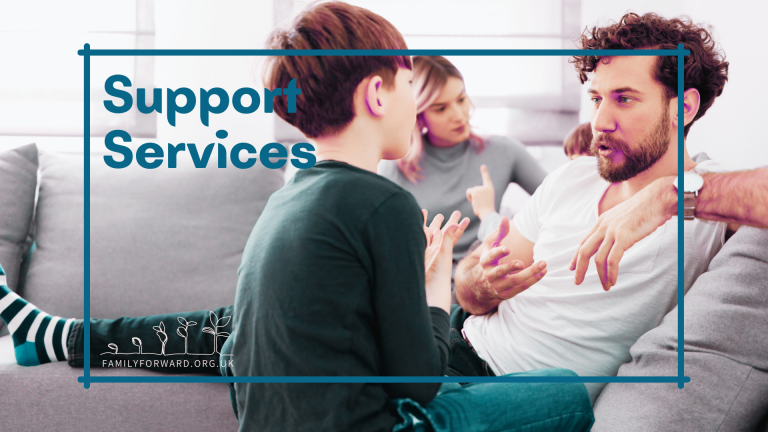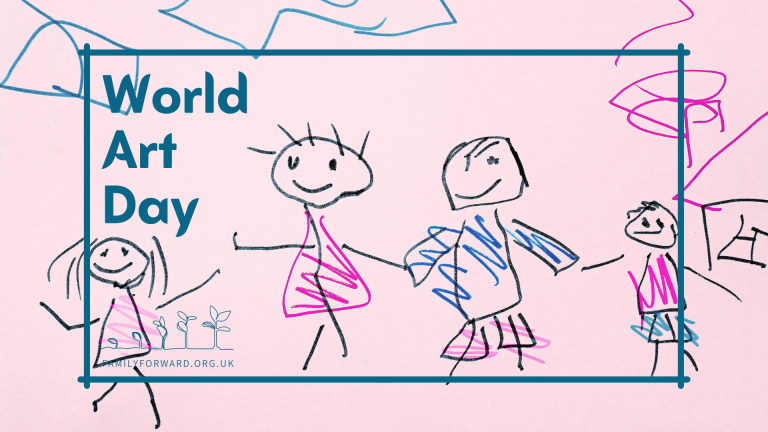Domestic abuse is a pervasive issue affecting individuals in all walks of life across the UK. Recognised for its devastating impact on individuals and families, domestic abuse involves a pattern of behaviour used by one person to exert power and control over another with whom they have an intimate or family relationship.
This guidance aims to provide essential information about recognising domestic abuse, seeking help, and understanding the legal framework in place to protect victims in the UK.
Understanding Domestic Abuse
Domestic abuse can manifest in several forms, including physical, emotional, psychological, sexual, and financial abuse. It can affect anyone regardless of age, gender, ethnicity, or socioeconomic status. It’s important to recognise the signs, which may include but are not limited to:
Physical Abuse
Hitting, punching, slapping, or injuring someone in any physical way.
Emotional and Psychological Abuse
This includes behaviours designed to undermine a person’s sense of worth such as constant criticism, threats, verbal abuse, and isolation from friends and family.
Sexual Abuse
Any non-consensual sexual activity forced upon a partner.
Financial Abuse
Controlling a person’s ability to acquire, use, and maintain financial resources. Victims may have money stolen from them, be prevented from working, or be kept in the dark about household finances.
Coercive Control
A pattern of intimidation, degradation, isolation, and control with the use or threat of physical or sexual violence.
Recognising these signs, either in your own relationship or in the relationships of those around you, is a critical first step in addressing domestic abuse.
Seeking Help
If you or someone you know is experiencing domestic abuse, there are numerous resources available:
Emergency Response
If you are in immediate danger, calling 999 should be the first step. Police are trained to respond to these situations and can offer immediate protection and safety.
Refuge and Support Services
Organisations such as Refuge, Women’s Aid, and Men’s Advice Line offer support and advice for victims. These services can include emergency accommodation, counseling, legal advice, and support through the court process.
GP and Health Services
Victims can also speak to their GP, who can refer them to specialist support services and address any physical injuries or mental health issues.
Confiding in Someone Trusted
Sometimes, speaking to a trusted friend or family member can be a crucial step towards safety and recovery.
Legal Protection
In the UK, the law provides several mechanisms to protect victims of domestic abuse:
Non-Molestation Order
This is a legal order to protect victims of domestic violence under the Family Law Act 1996. It prohibits an abuser from being violent or making threats of violence against the victim and can also restrict the abuser from contacting or coming near the victim.
Occupation Order
This regulates who can live in the family home and can restrict the abuser from entering the surrounding area.
Domestic Violence Disclosure Scheme (‘Clare’s Law’)
This allows people to ask the police if their partner has a history of domestic violence. It is a proactive measure to protect individuals from potential harm.
Supporting Recovery
Recovery from domestic abuse is a long and often difficult process, requiring emotional and sometimes physical healing.
Support groups and therapy specifically designed for survivors of domestic abuse can be incredibly beneficial. Additionally, rebuilding one’s life after abuse may involve practical steps like securing permanent accommodation, finding employment, and rebuilding social networks that may have been damaged or lost.
Community and Societal Role
Society as a whole has a crucial role in combating domestic abuse. This involves:
Education and Awareness
Increasing public understanding of the signs and consequences of domestic abuse.
Supporting Survivors
Communities can support survivors by fostering an environment where victims feel safe to speak out.
Challenging Norms
Challenging the societal norms that perpetuate domestic abuse and victim-blaming attitudes.
Every action and support counts when it comes to addressing and eradicating domestic abuse. It requires a collective effort from individuals, communities, and the government to ensure that everyone can live free from fear and harm. If you suspect someone is a victim of domestic abuse, encourage them to reach out for help and support them through their process of recovery.




